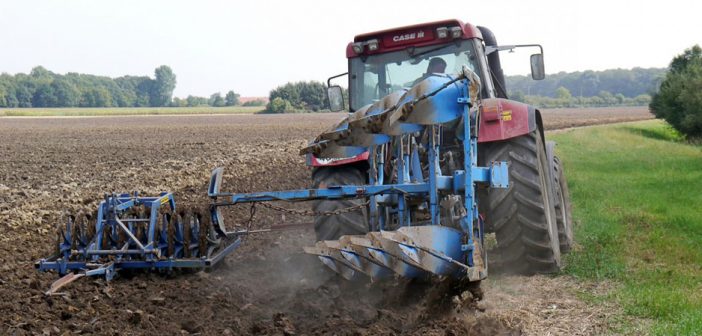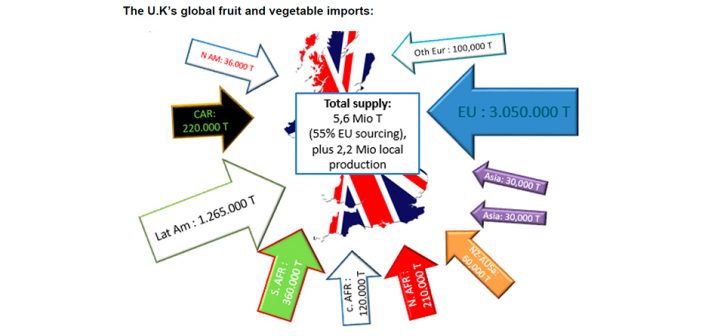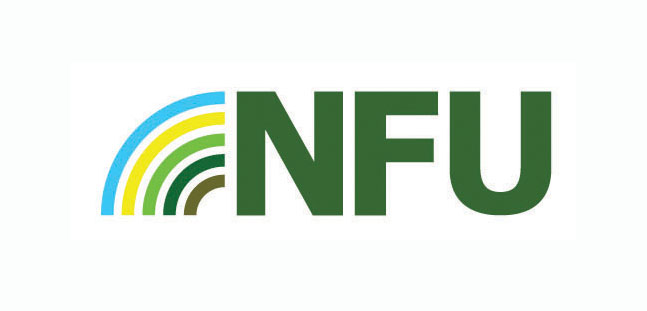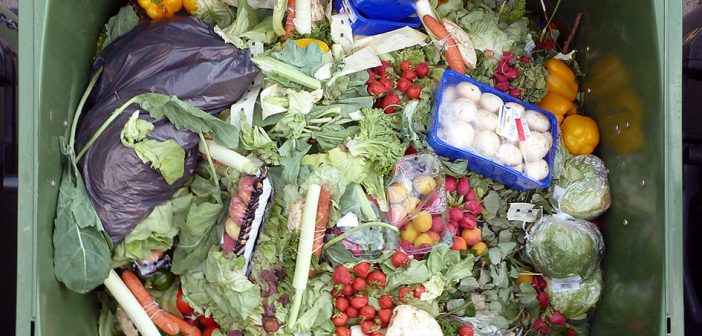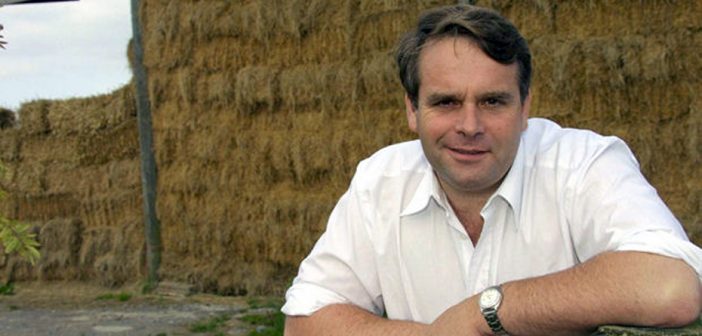Concerns about the ability of Defra to cope with the extra volume of work being created by Brexit have resurfaced after Environment Secretary Michael Gove admitted that there could now be as many as 70 different Brexit-related work streams.
The statement was made in a letter by Mr Gove to the Environmental Audit Committee (EAC) which has been published. Back in December 2017 the National Audit Office was predicting that Defra would have 43 Brexit-related work streams. MPs on the EAC have expressed concerns that Defra will be unable to hire the thousands of extra staff required to cope.
In his letter, Mr Gove said plans are in place for all ‘day one’ projects, adding he was “confident” that Defra is focusing its planning on the most complex projects. “All projects have risks attached, which will ebb and flow as the projects mature,” he said. “The department has been closely monitoring plans and risks and completing regular reviews drive out any blockers to progress.”
However, Mary Creagh, chair of the EAC, said, “We are concerned by how few of the ‘day one’ plans have been published and outlined to businesses and investors, who need clarity about our relationship with the EU during the transition and beyond. From chemicals to climate change, huge regulatory questions remain unanswered. Defra and its agencies have lost almost 5,000 staff since 2010, leaving them struggling to cope with Brexit. We have concerns about the Department’s capability to deliver a growing amount of Brexit-related work, and the cost of hiring new staff.”

Photo Caption: Michael Gove has said there are up to 70 Brexit-related work streams at Defra.
The post Defra struggling to cope with Brexit workload appeared first on Hort News
